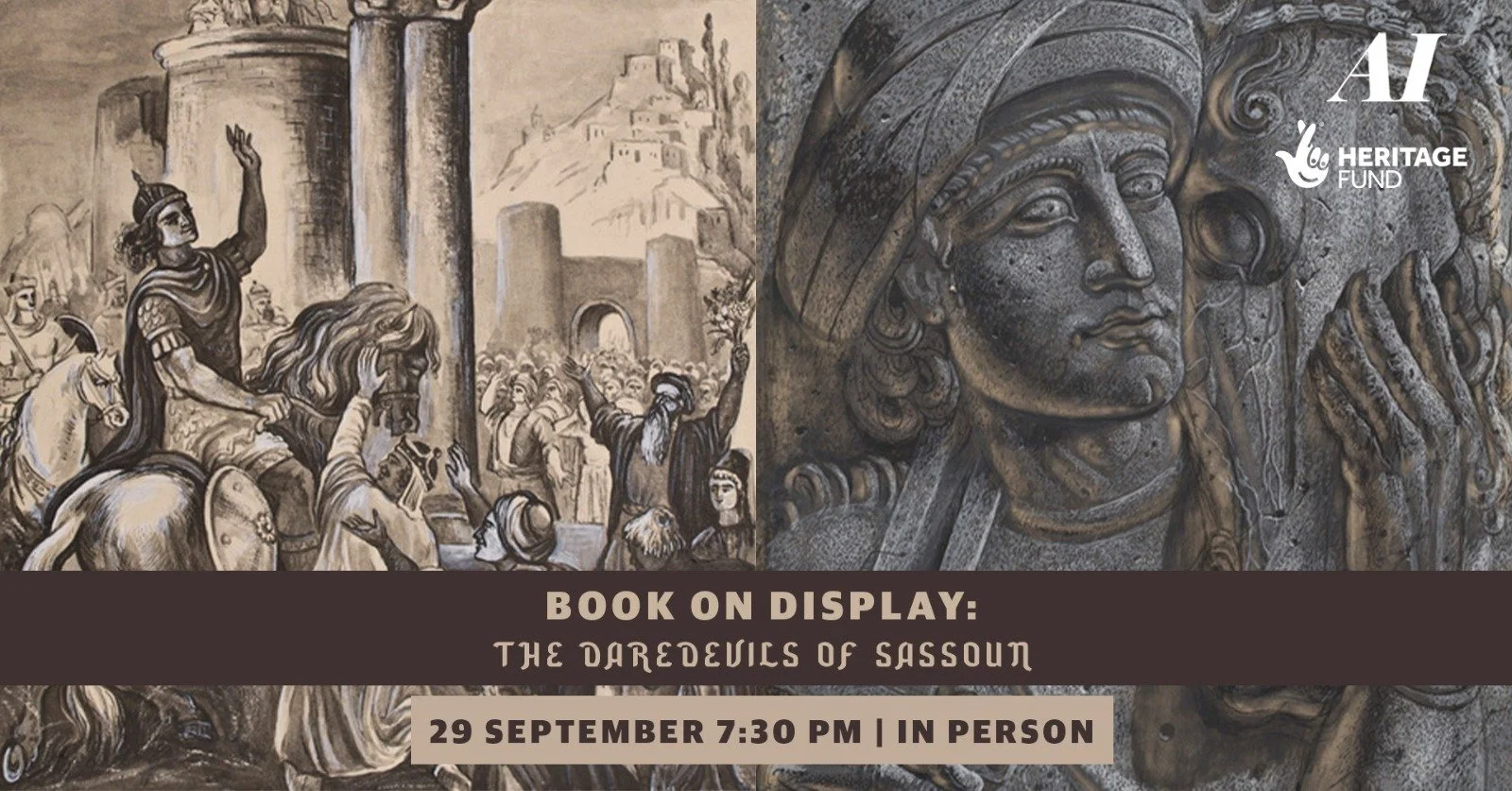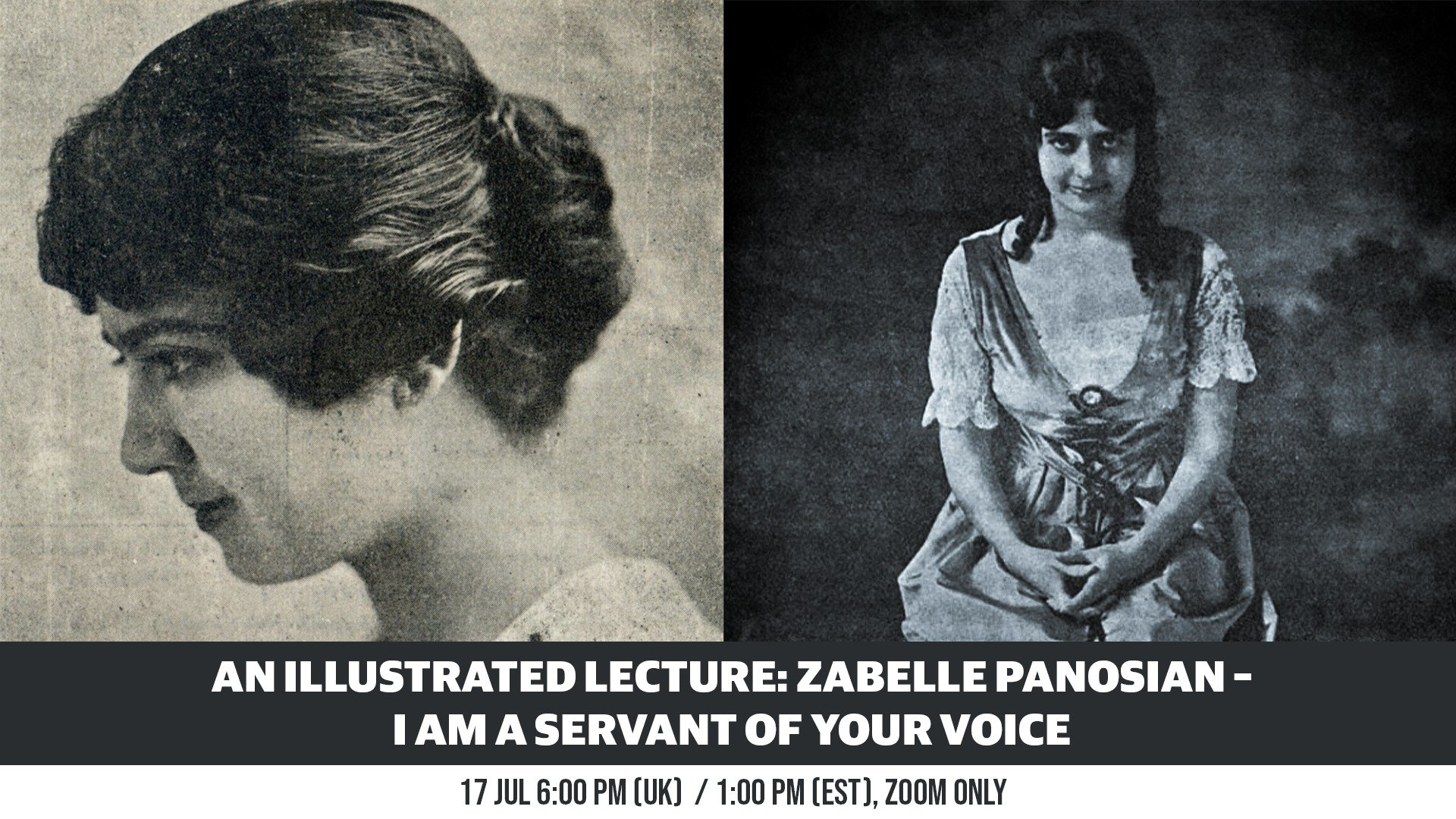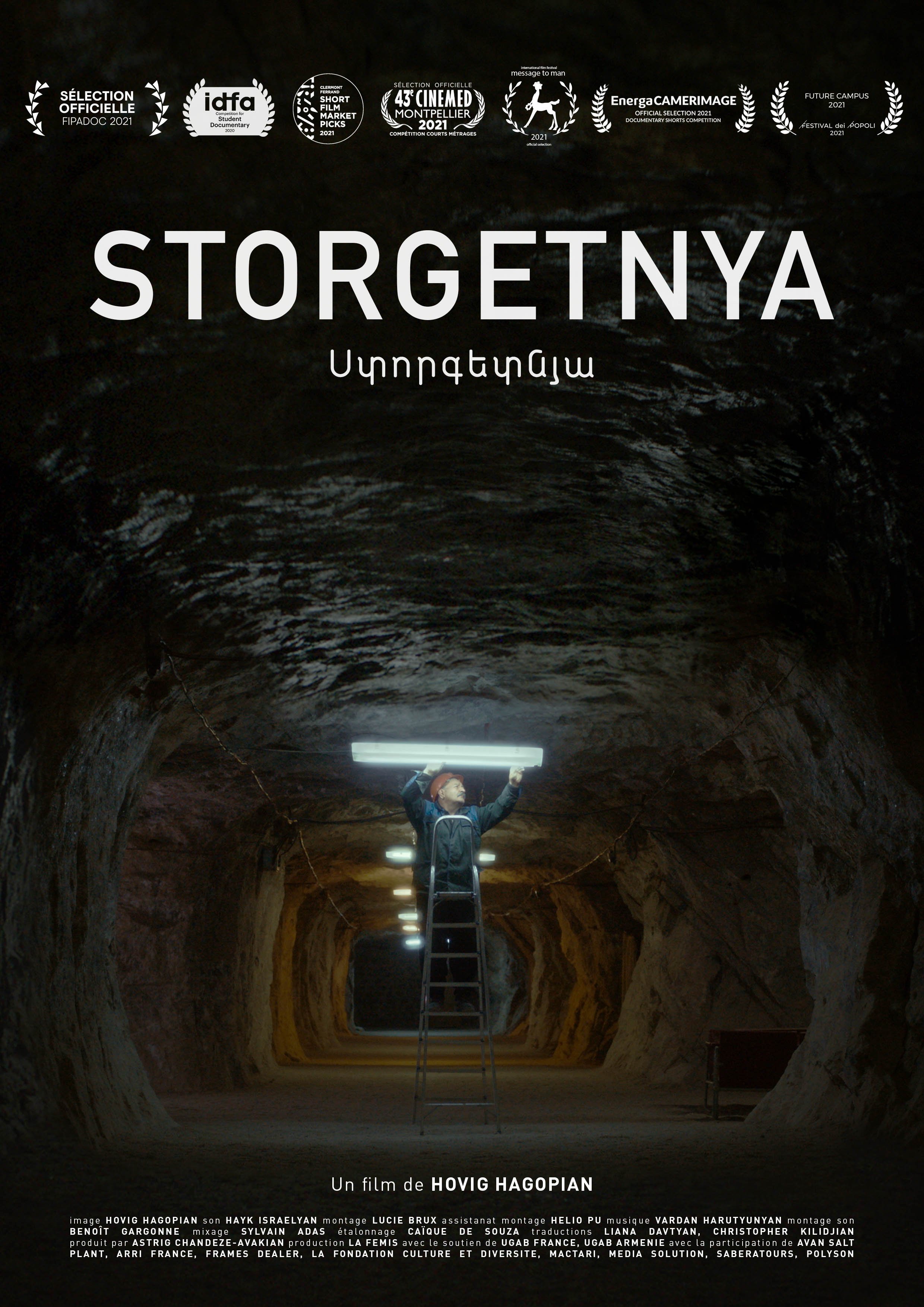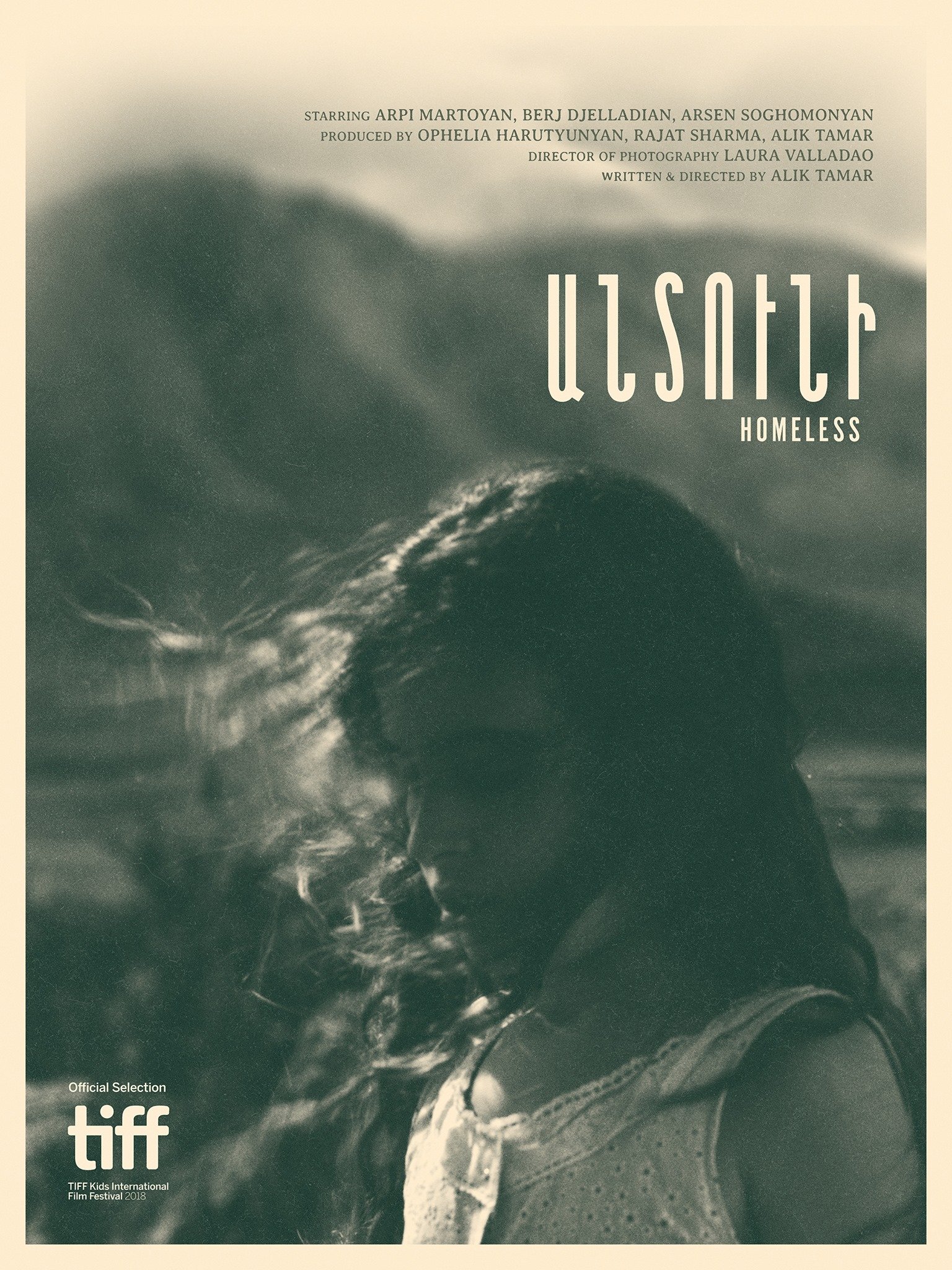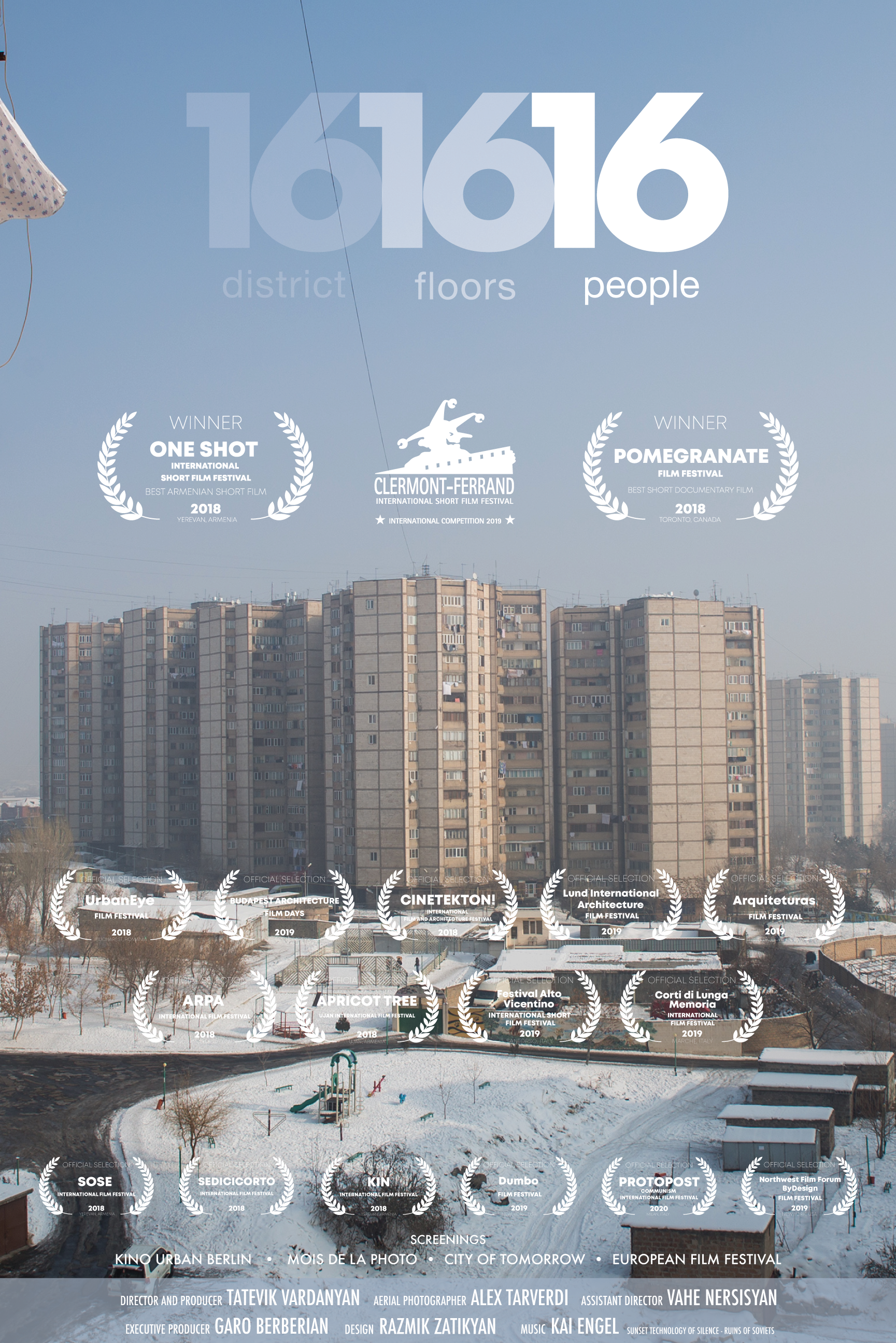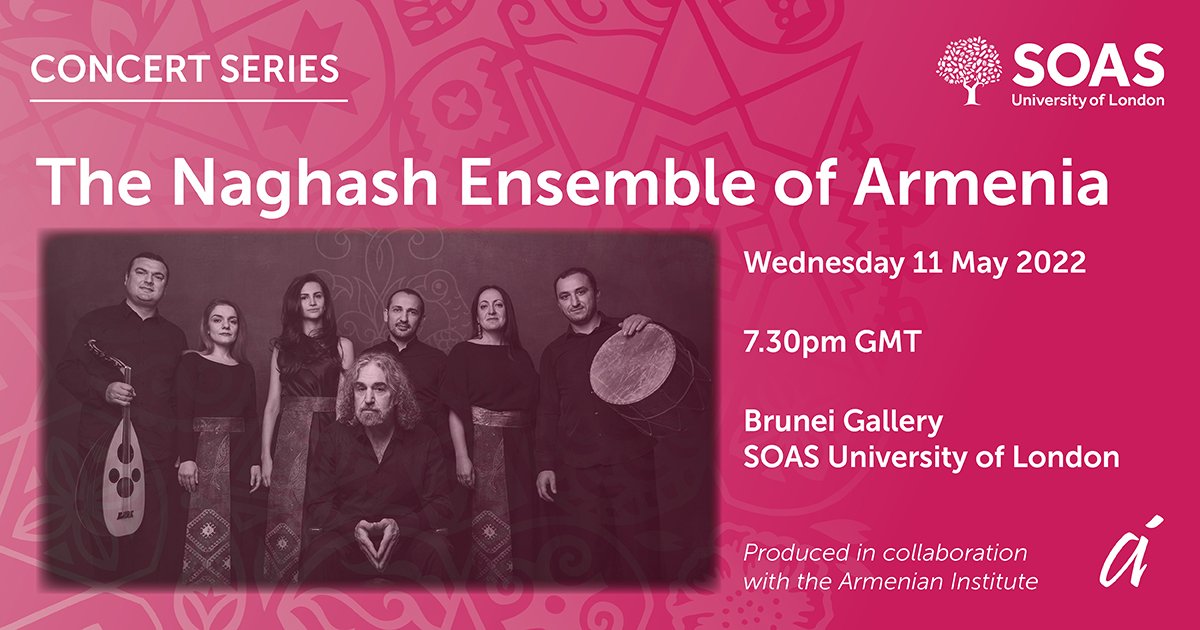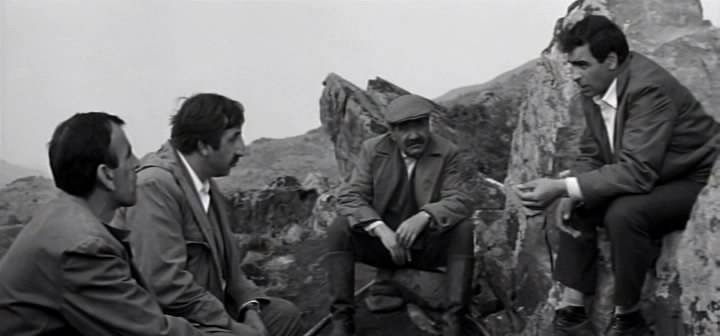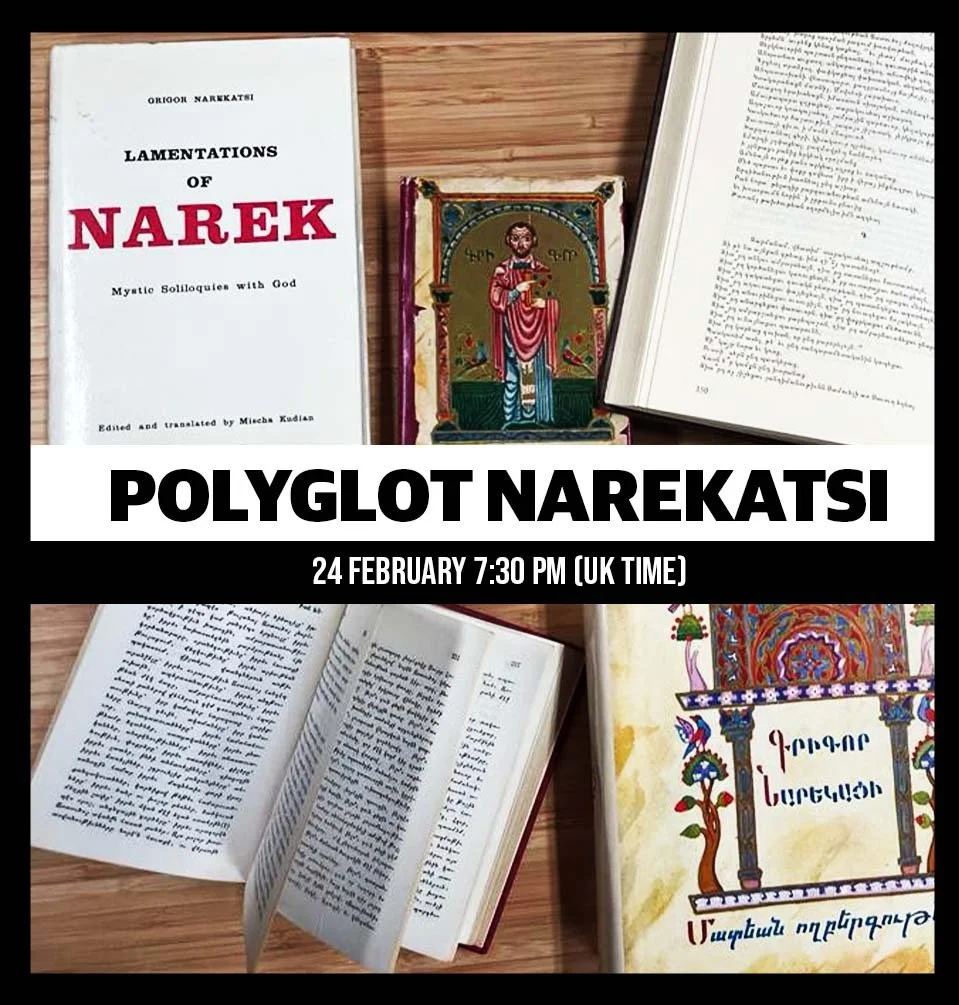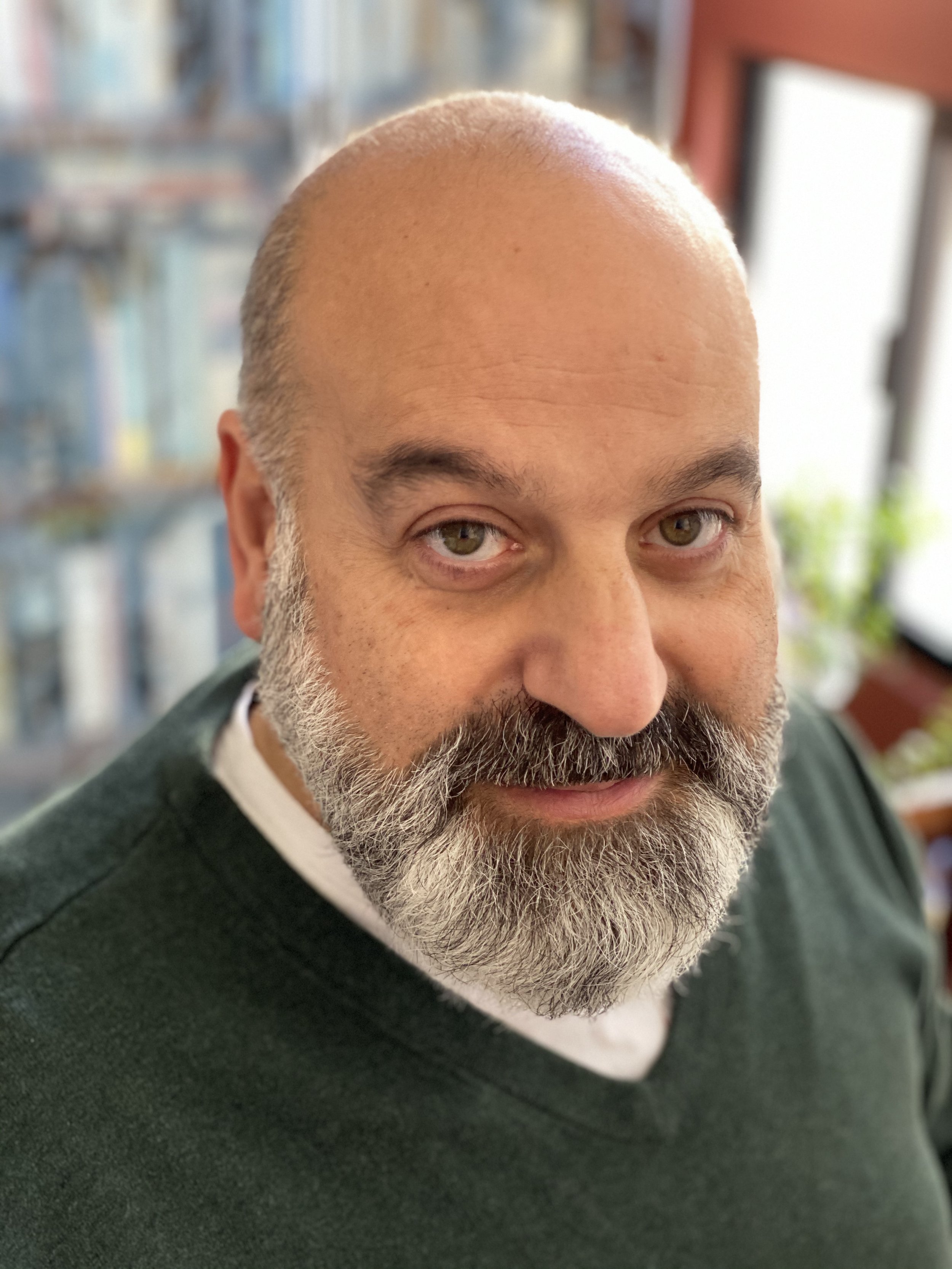
Treading on Borders, Treading on Justice: Aggression against Armenia & Artsakh and Human Rights Violations
This panel discussion explores how international law mechanisms can help Armenians seek justice for victims of human rights violations and war crimes and hold criminals accountable.
Date & Time: 15 December, 5 pm London time/9 pm Yerevan time on Zoom
Speakers:
Sheila Paylan is an international criminal lawyer, war crimes investigator, human rights and gender expert, and former legal advisor to the United Nations. She spent more than 15 years advising the judges and senior officials of various UN-backed international criminal tribunals, including for Rwanda, the former Yugoslavia, and the Khmer Rouge in Cambodia. From 2019 to 2021, she was appointed by the UN Office of High Commissioner for Human Rights as the Legal Advisor and Sexual and Gender-Based Violence Specialist to a Team of International Experts mandated to assist the judicial and military authorities of the Democratic Republic of Congo with investigating and prosecuting war crimes, crimes against humanity, and gross human rights violations.
Yeghishe Kirakosyan is the representative of the Republic of Armenia to the International Court of Justice (ICJ) and the European Court of Human Rights (ECHR). Kirakosyan received his LLB and PhD from Yerevan State University as well as an LLM from Georgetown and a Master’s from Stanford.
The Honorable Gassia Apkarian is a Judge of the Superior Court of California appointed by Governor Brown in 2014. She is a trial judge presiding over felony cases in Orange County, California. She was born in Aleppo, Syria during the 6 day war between Israel and Syria in 1967 and grew up in the civil war in Beirut, Lebanon. She holds a BA in political science from the University of California, Irvine. She received her JD from the University of LaVerne, College of Law.
She worked as a Deputy Public Defender for 8 years. In 2008, she started her own law firm, Apkarian Defense, APC. Days after the ceasefire of the 44-Day War in Artsakh, she helped establish the Center for Truth and Justice, teaching young law students and lawyers in Armenia and Artsakh how to collect testimonial evidence on war crimes. Judge Apkarian was awarded the 2022 Alba Witkin Humanitarian Award by both the California Judges and the Witkin Foundations.
Anna Karapetyan is the Head of the International Cooperation Department of the Office of the Human Rights Defender of Armenia. Having previously worked at the Ministry of Justice of the RA, she has significant experience of elaborating and implementing policies regarding the protection of human rights, as well as planning and organizing international cooperation of public institutions with foreign state bodies and international organizations. Currently, among other things, she is responsible for elaborating and presenting the Human Rights Defender’s communications, as well as the applications to relevant UN monitoring bodies regarding the violations of the rights of civilians by Azerbaijani armed forces, rights of missing persons, POWs, etc.
Heghine Yengoyan is the Assistant to the Human Rights Defender of Armenia. Throughout her career, she has worked on devising policies and legislation aimed at combating discrimination and hate speech, and was also involved in the finalization of the new Criminal Code, among other things being also responsible for revising provisions on crimes against humanity and hate speech. Currently, Heghine continues to be mainly engaged in activities related to the fight against discrimination, hate speech and hate crime, implementing the activities of the Office of the Human Rights Defender in these fields. She is also responsible for analyzing the Armenophobic policy of Azerbaijan and outlining the main developments, trends and patterns regarding Armenophobia in the Azerbaijani public.
Moderator:
A native of Gyumri, Armenia, Dr. Artyom Tonoyan is a sociologist and Visiting Professor of Global Studies at Hamline University, in St. Paul, Minnesota. His research interests include sociology of religion, religion and politics in the South Caucasus, and religion and nationalism in post-Soviet Russia. His articles have appeared in Demokratizatsiva: The Journal of Post-Soviet Democratization, Society, and Modern Greek Studies Yearbook, among others. He has been a frequent guest on the BBC, Deutsche Welle, France 24, and other outlets. He is the editor of the recently published volume Black Garden Aflame: The Nagorno-Karabakh Conflict in the Soviet and Russian Press.



















